17 Things Polite People Never Do
If you're looking to be a more polite person, leave these rude etiquette errors behind.

If you've ever arrived at a party without a gift for your host, or found yourself fumbling for the right fork to start a meal with, you're not alone: Even the most polite people occasionally find themselves making an etiquette error or two. But there are some habits, including a few that might seem innocuous, that can make you look downright rude to others—and you might not even realize you're guilty of them.
With the help of experts, we've rounded up the things polite people never do, keeping you faux pas-free in the future.
1
They don't respond to "thank you" with something other than "you're welcome."
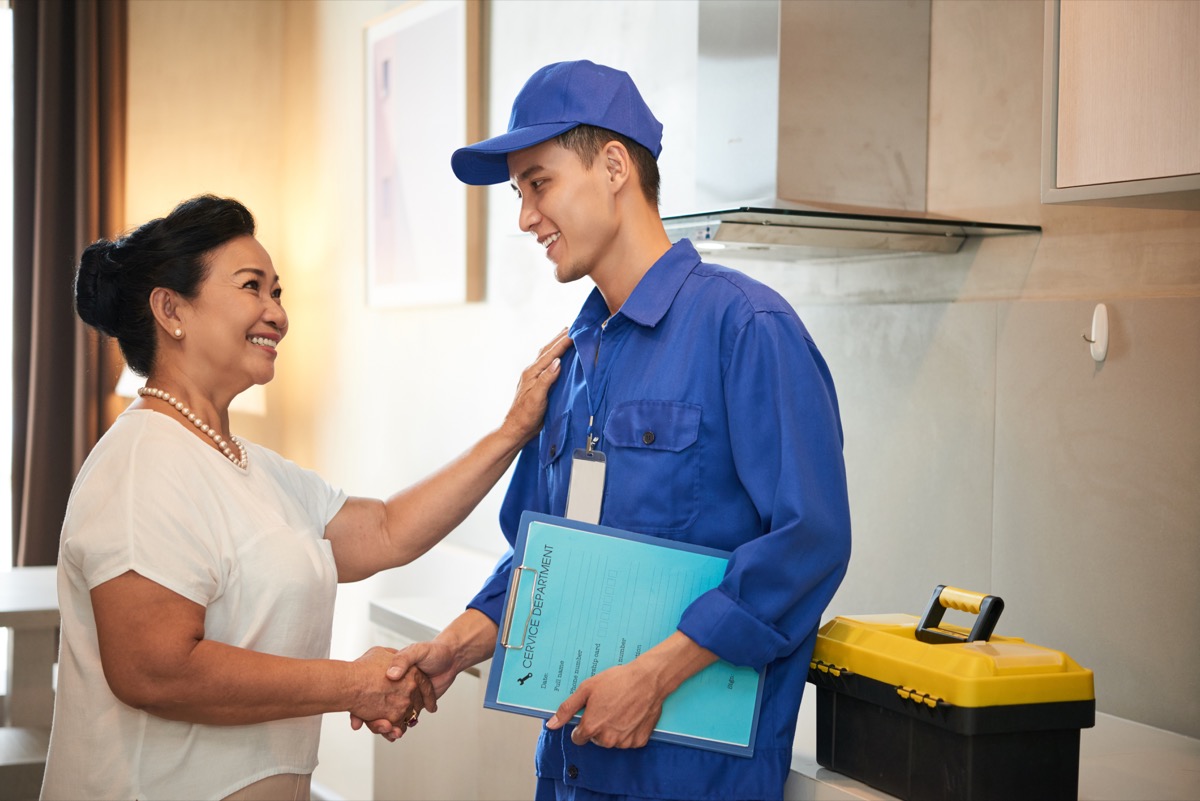
While you may be used to using more casual language in conversation, if you want to abide by strict politeness standards, that means saying "you're welcome" when someone thanks you.
"Please don't reply 'no worries,'" says Marie Betts-Johnson, president of the International Protocol Institute of California. "I wasn't worried to begin with and all you need to say is, 'You're welcome!'"
2
Or deliver a snarky "you're welcome."

Sure, it may be tempting to point out someone else's failure to thank you for opening a door or another kind gesture, but that doesn't mean it's ever acceptable to meet their rudeness with similar behavior.
"Polite people never say 'you're welcome' in response to helping someone who does not say 'thank you,'" explains etiquette expert Jacquelyn Youst, owner of the Pennsylvania Academy of Protocol.
3
They don't have their phone out when talking to other people.
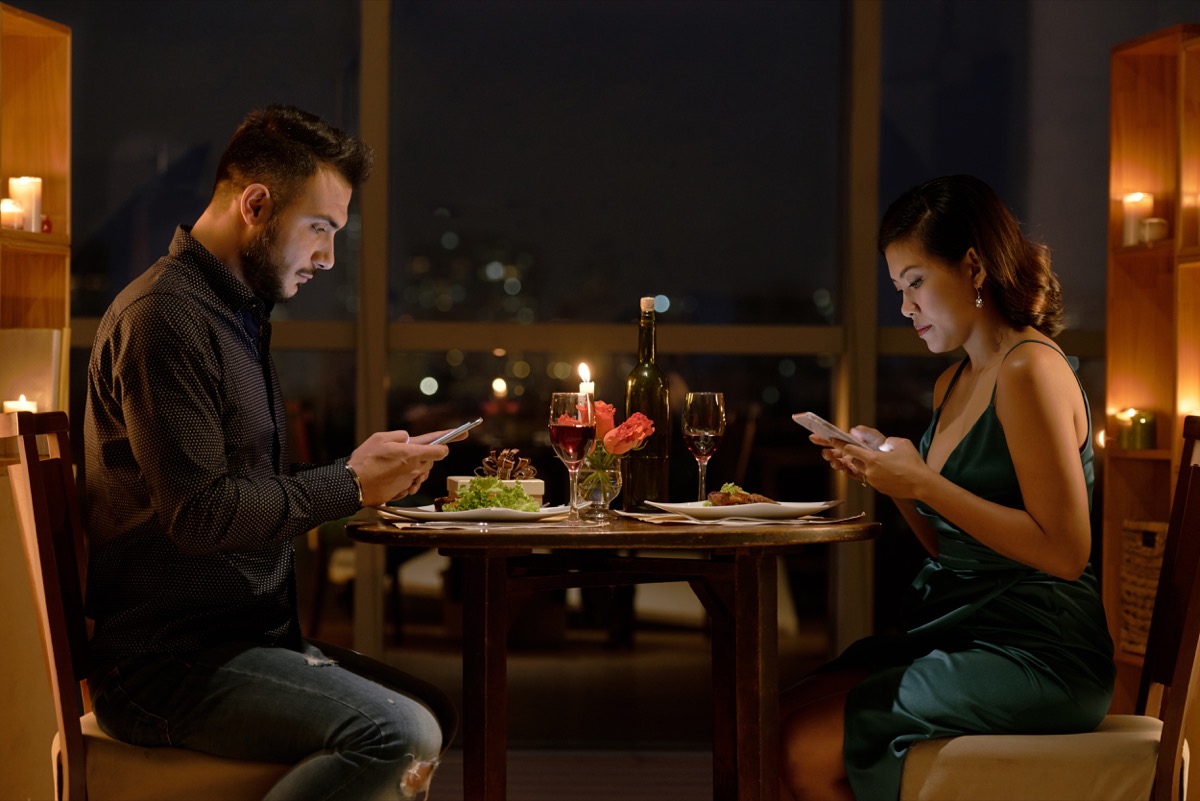
While having your phone on the table at dinner or attending to its every buzz may feel natural to you, if you want to seem more polite to others, it's time to put those devices on silent and give your full attention to your current company.
"The people you are with should be the most important," says etiquette expert Jessica Lieffring, CEO and founder of The Polite Society. If something comes up that you simply have to address, "let your present company know that you may have to step away to take a call," and leave the area to do so, she suggests.
4
They don't start eating before others.

If you want to be known for your politesse, it's important to wait until you're given the all clear to grab something to eat. According to Lieffring, polite people never "help themselves to the bar or buffet at a gathering without permission from the host."
5
They don't point out mistakes other people are making.

Think etiquette dictates that you should correct others' behavior to help them be more polite? Think again.
"From using the wrong dining utensils to mispronouncing a name, polite people will kindly move past and not dwell on the faux pas," explains Lieffring.
6
They don't boast about their lives.
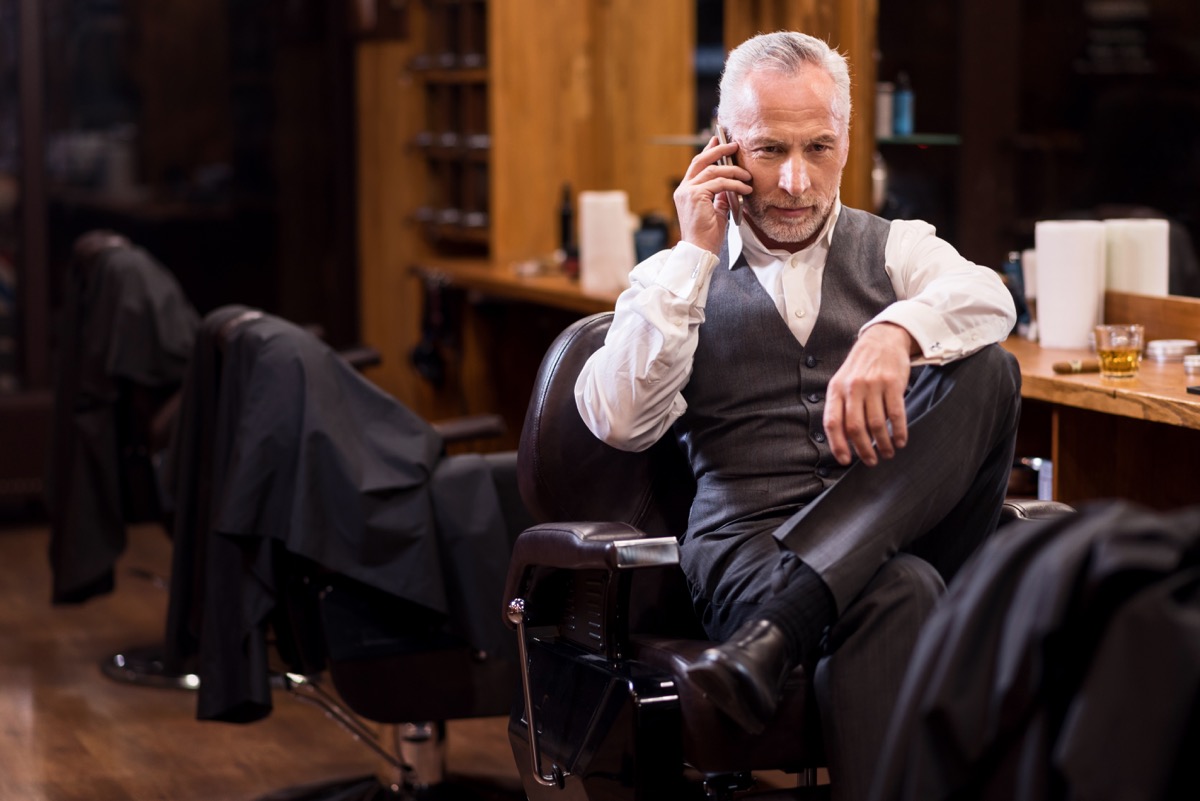
While it's all well and good to feel confident in your accomplishments, there's a fine line between expressing happiness about something you've done and acting boastful—and polite people never do the latter.
"Polite people refrain from bragging about themselves," including their social status, job, or income, says certified etiquette expert Karen Thomas, founder of Karen Thomas Etiquette.
7
They don't make a fuss over the bill when dining out.
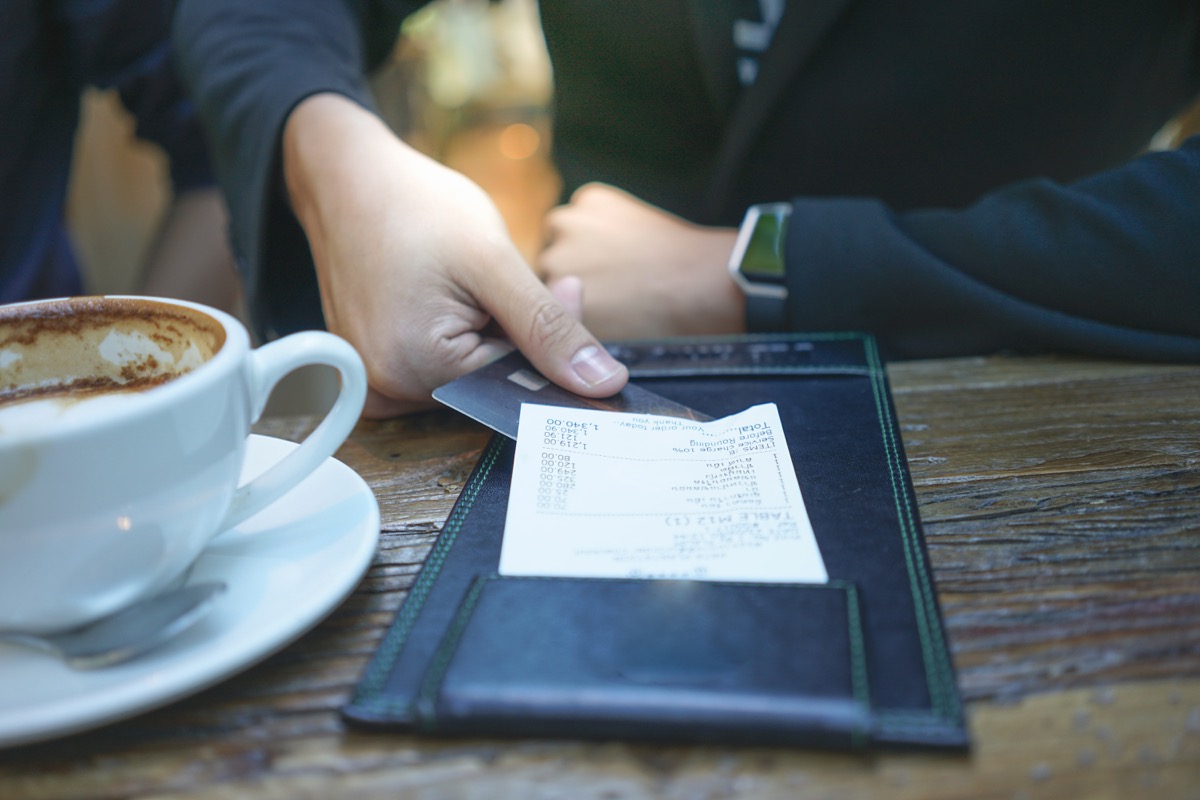
If the bill you're given at the end of the meal doesn't reflect what you ordered, it's totally appropriate to send it back. However, trying to haggle over prices after you've already ordered or "asking for separate checks after the meal has been completed" are undeniable faux pas, according to Thomas.
8
They don't monopolize a conversation.
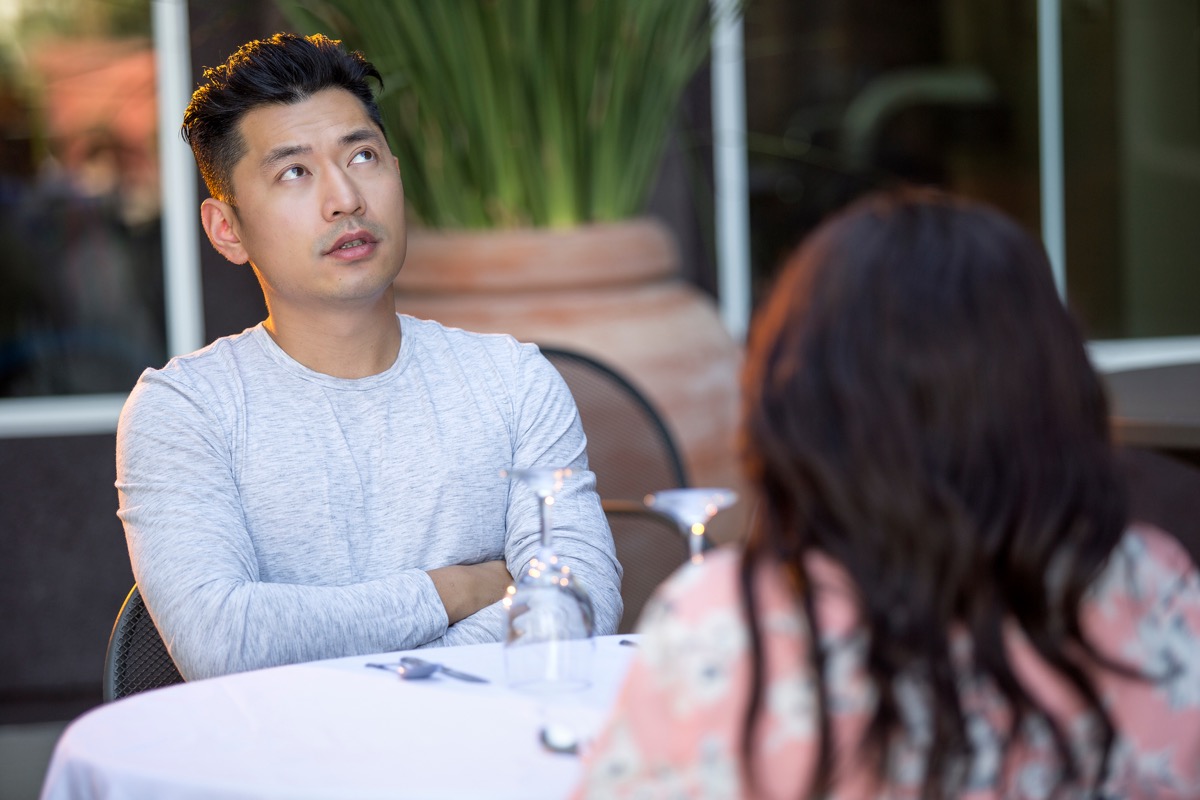
It's easy enough to get carried away talking about something you're passionate about, but truly polite people give others an opportunity to jump into conversations, too.
If you want to follow the letter of the law when it comes to etiquette, that means "knowing how and when you speak, and when not to," says Thomas.
9
They don't tell stories for shock value.

The gruesome way you fractured your finger may be fascinating to you, but it could be downright stomach-turning to others.
"Polite people don't share intimately personal information, such as gory details," explains Thomas.
10
They don't ask about someone else's family planning.

Some people struggle to start a family, some don't want to have children, and others may be waiting to share the good news that a child is on the way. Whatever someone's reason for keeping those details mum, it's not your business to ask.
"A polite person never asks someone when they plan on starting a family," explains Youst. "This question is reserved for immediate family."
11
They don't try to steal the spotlight.
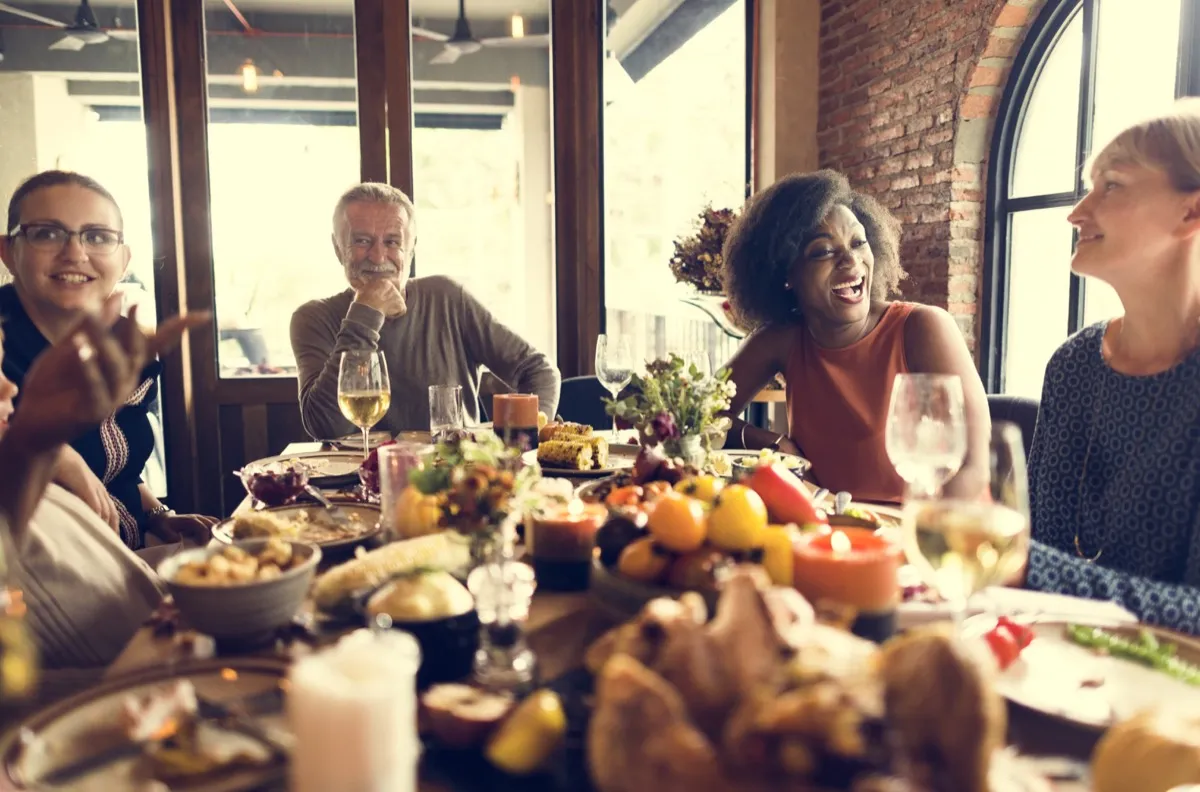
Your cousin's wedding isn't the right time to propose to your partner, nor is it appropriate to announce your pregnancy at a friend's baby shower.
"A person with good manners does not upstage someone who is about to announce an important life event, such as an engagement," says Youst. "They politely hold their news for another time."
12
They don't cut in line.

It doesn't matter how much of a rush you're in—the people in line ahead of you likely have other things to do, too, so it's important to wait your turn.
This also extends to other situations in which others have been waiting, says Youst, who notes that polite people "do not pull in a spot that they can clearly see someone is waiting for."
13
They don't mistreat people in service positions.
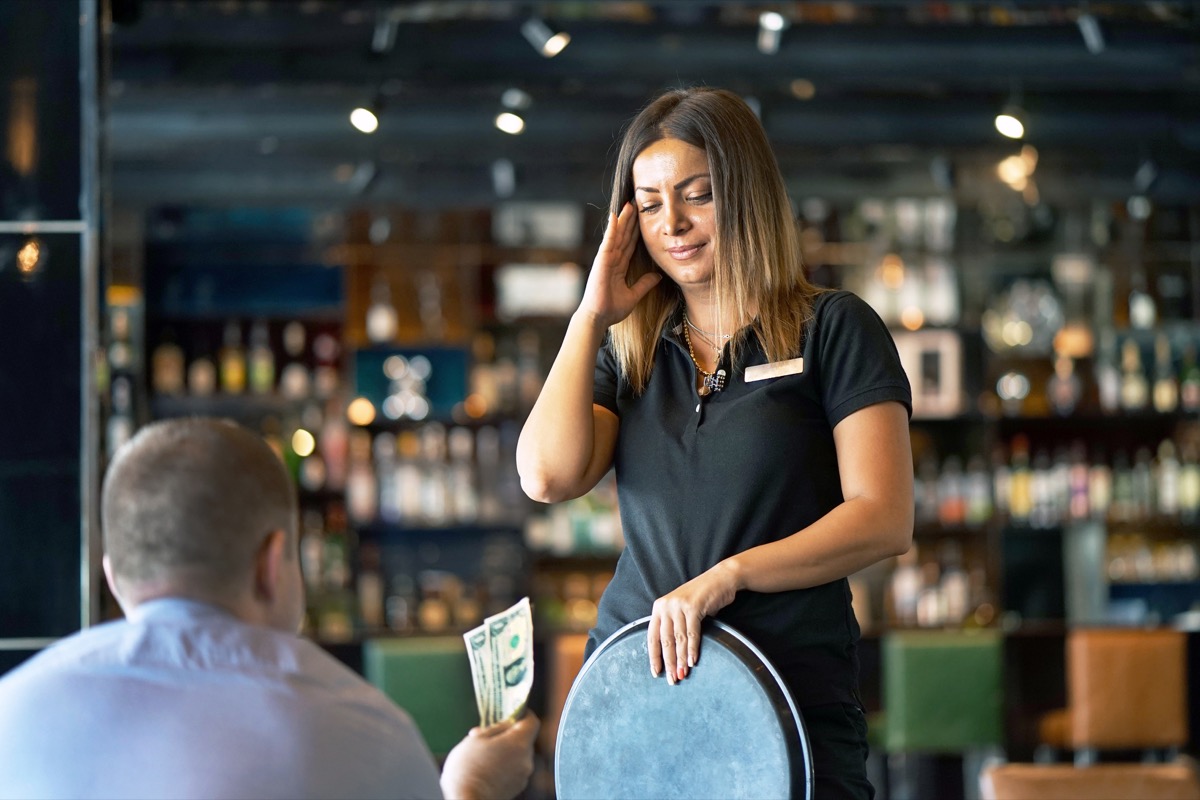
Anyone who's ever worked in the service industry can tell you it's not an easy job. And if you want to ensure that you're practicing impeccable etiquette, it's important to treat folks in service positions like you'd treat anyone else—including saying "please" and "thank you," and tipping when appropriate.
Polite people "wouldn't treat a janitor any differently as they would a CEO of a Fortune 500 company—they view others with respect and dignity," explains Bonnie Tsai, founder and director of Beyond Etiquette.
14
They don't arrive late.
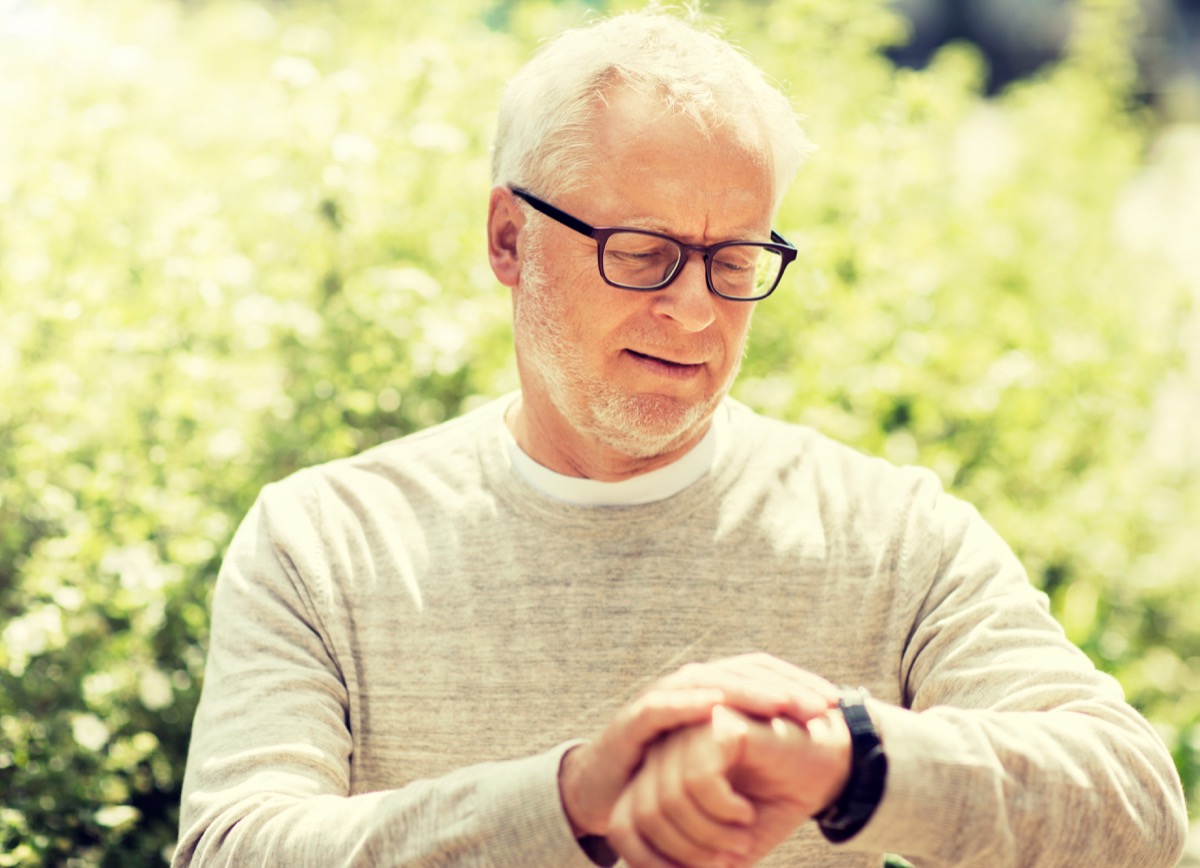
While everyone gets stuck in traffic or finds themselves running behind schedule, being a person who prides themselves on being "fashionably late" isn't cute—it's downright rude.
"It's disrespecting the other person's time," explains Tsai, who recommends that people plan to arrive to appointments 10 minutes early when possible to provide a buffer in case an unexpected obstacle arises.
15
They don't touch other people without getting the all clear.
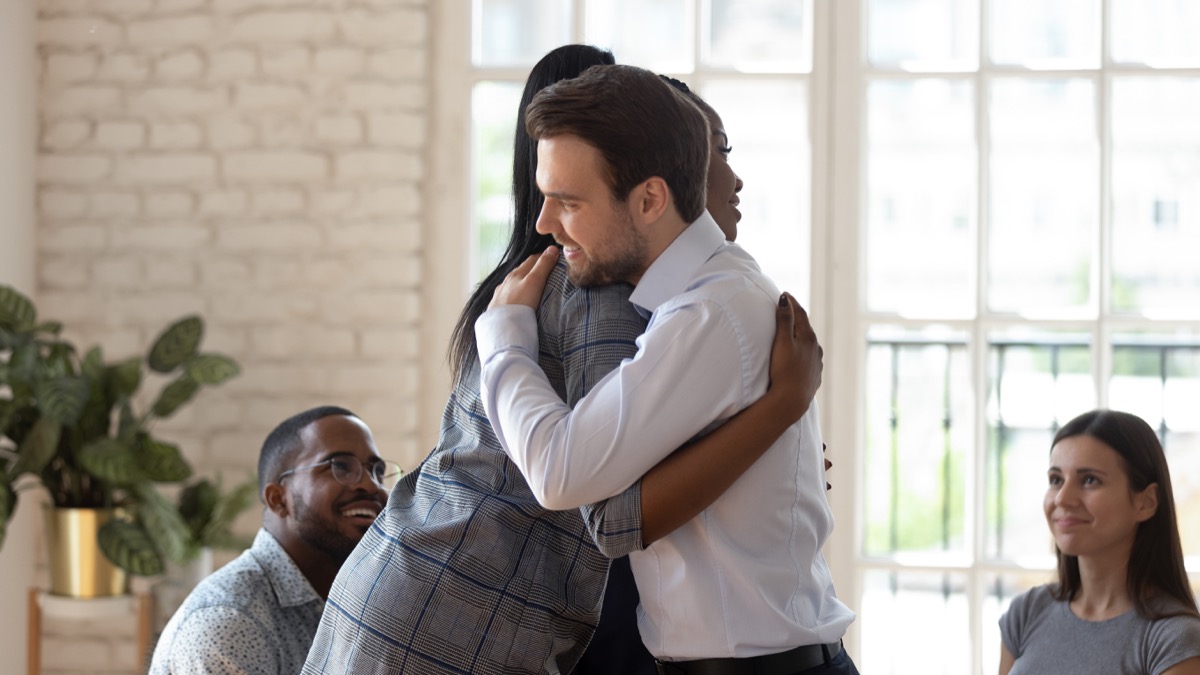
Just because you're comfortable hugging colleagues or physically repositioning people when they get in your way doesn't mean that everyone feels the same.
Polite people "understand that it may be uncomfortable for people to be touched by a complete stranger," says Tsai, who recommends obtaining verbal consent from the other party before proceeding.
16
They don't point at other people.

Though it may seem like an innocuous enough gesture to you, to the person on the receiving end, it can feel like they're being singled out.
"Pointing your finger at someone can come off as accusatory or transferring blame to the other person," explains Tsai. If you want to avoid this faux pas, she recommends gesturing with an open palm instead: "It's much more welcoming and neutral."
17
They never pretend to understand things when they don't.
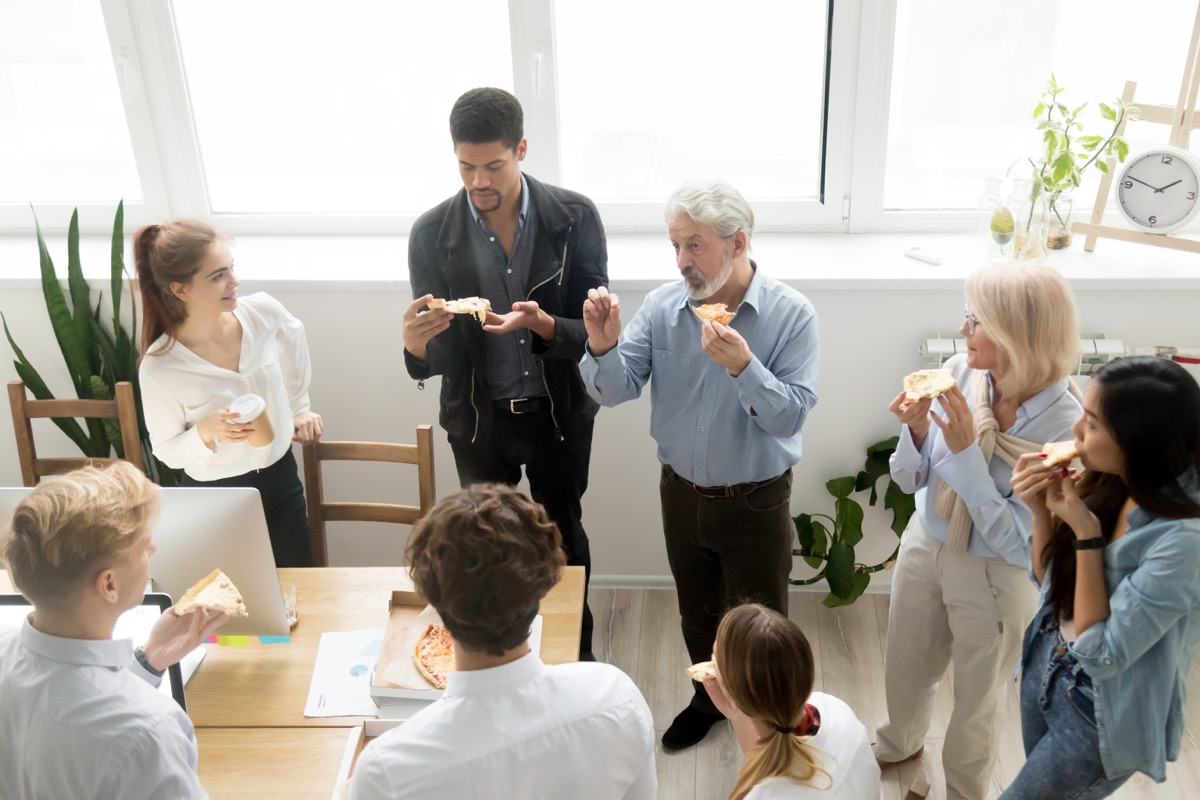
Instead of playing it off like they're an expert on everything just to feel included in a conversation, truly polite people aren't afraid to let their guard down and ask questions when they don't know something.
"It's always better to choose to be vulnerable and ask so to better understand than to come off as arrogant or ignorant," says Tsai.





















